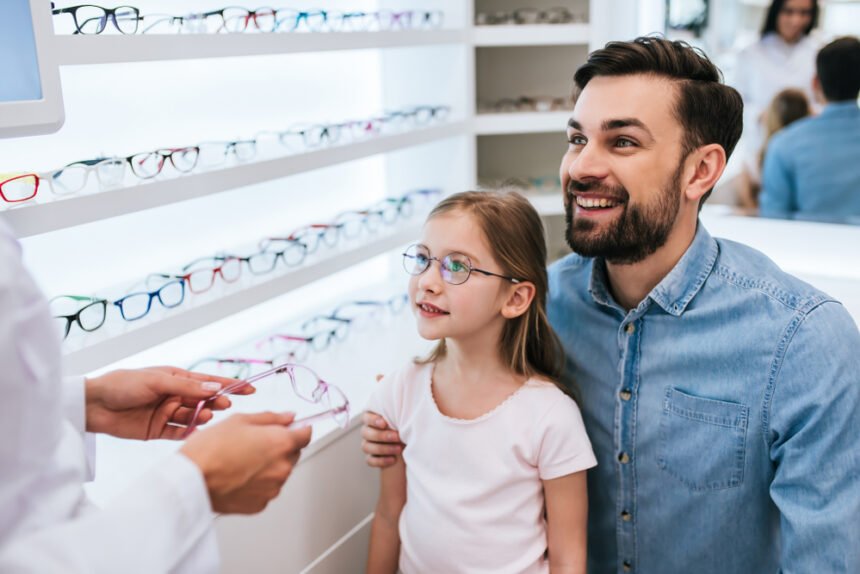Your eyes are the windows you see the world through. They are one of the most important organs in your body—allowing you to enjoy, create, appreciate, and generally make sense of the world around you.
You should take extra care of your eyes if you want to make sure that your vision stays in top shape long into your later years.
We often take for granted when things are going fine, and later regret our lack of care when things start going downhill. To prevent this from happening to your eyes, you should follow essential maintenance habits in order to ensure that they remain functional.
Here are some of the often-overlooked ways you can maintain eye health:
1. Curate your meal plans.
Eating a healthy, balanced diet doesn’t just do wonders for your figure—it also has an overall positive effect on your eye health. Many foods contain vitamins and antioxidants that help improve your eyesight and protect it from age-related deterioration.
One of the most effective vitamins for eyes (vitamin A) can be found in carrots, greens such as kale, spinach, and other vegetables. Make sure to have a healthy dose of these, as well as fruits.
Fish containing omega-3 can also be very good for your eyes. These helpful fatty acids can be found in tuna, salmon, and halibut, among others.
2. Exercise regularly.
Engaging in regular physical activity can help manage your weight, and in turn, reduce your risk of developing diabetes, high cholesterol, and high blood pressure.
These diseases can all result in disorders that complicate your eyesight, such as glaucoma or diabetic retinopathy. Removing them from the list of possibilities will definitely help maintain a good vision for you.
3. Get enough sleep.
Your eyes can get tired, too. Make sure that you get enough sleep to help them recharge from a full day’s work. Proper regeneration and repairs happen as you get good quality sleep. Your eyes are part of this rebuilding process that the body goes through every night.
4. Balance your exposure to your electronic gadgets.
Your gadgets emit blue light. This light contributes to eye strain, dizziness, headaches, blurred vision, tired and dry eyes. Unbalanced exposure to these blue light-emitting electronics may eventually lead to retinal damage.
Resting your eyes is just as important as resting your mind and body. Make sure that as you take breaks in between your exposures, to rest your eyes as well.
Try to schedule a specific period of time that you are in front of your screen, and then look away after this set amount of time. Rest your eyes for a certain period before going back to your screen.
There is such a thing as the 20-20-20 rule. The rule states that after 20 minutes of screen time, you should look towards a distance of 20 feet away from you, and focus on that spot for about 20 seconds. This can help with strain.
If you need to work with electronics every day, you can also try using blue light glasses in order to reduce the negative effects of blue light emissions on your eyes.
5. Wear sunglasses with UV protection.
Whenever you go out into the sun, make sure you are wearing sunglasses to help protect your eyes from harmful UV rays. Unprotected sun exposure may increase your risk for cataracts or age-related macular degeneration.
6. Put on protective eyewear for different outdoor, recreational, construction, or other activities.
If you are doing sports that may potentially cause trauma to your eyes, make sure to have protective eyewear covering them. Wear goggles when engaging in water sports or other extreme activities.
If you are working in construction or working on certain repairs in your home, do not take for granted your eye safety, and those of everyone involved. Wear protective eyewear; however small the job may look.
If you are working at a laboratory with some chemical materials (no matter if they are corrosive or not) make sure to protect your eyes as well. You want to prevent any irritation or damage to your eyes at all costs.
7. Avoid smoking.
Smoking can also add to the risk of developing age-related eye diseases such as cataracts and macular degeneration. As much as possible, kick the habit—it will do wonders not just for your eyes but for your overall health as well.
8. Practice basic hygiene.
Always wash your hands before touching your face, especially your eyes. Avoid rubbing your eyes, and remember to take off your contacts before going to sleep.
Speaking of contacts, clean your contacts well and replace them on the recommended schedule. Make sure to have clean hands before handling your contacts.
These basic hygienic practices help prevent eye irritations, injuries, infections, and other possible complications.
9. Check out your family’s medical history.
It is important to be in the know early if you have any predispositions towards any eye diseases or complications. This may help you reduce your risks of acquiring them by inculcating preventive measures into your habits and developing a strong immunity from these possible illnesses.
This is a basic checklist of the best things you can do to ensure eye health. Make sure you are practicing these habits on a regular basis to preserve your eyes and keep them in the best shape possible.

